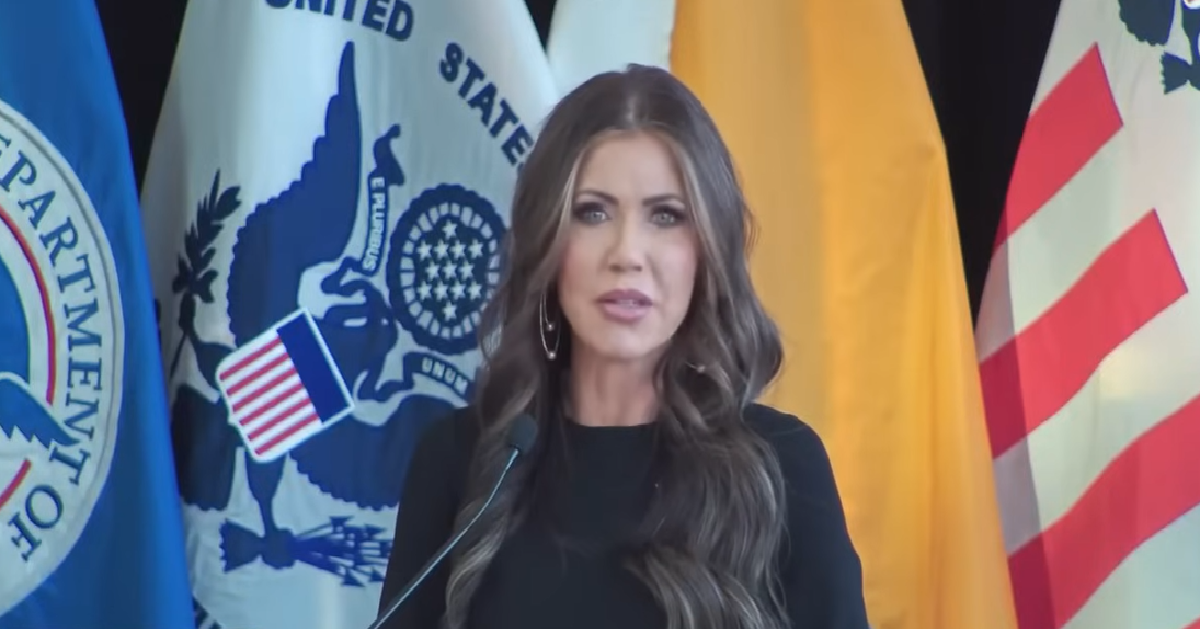In boon to U.S. tech sector and consumers, Trump exempts many electronic goods from reciprocal tariffs
Chaos ensued and markets reacted negatively to President Donald Trump's reciprocal tariffs earlier this month, which has prompted subsequent modifications and clarifications to the duties imposed on imported goods.
One such clarification unveiled on Friday involved an exemption from the new tariffs on various consumer electronics, including laptop computers, semiconductor chips, and smartphones, among others, according to the Daily Caller.
That is reassuring news for American consumers and U.S.-based tech companies who'd braced themselves for higher prices on electronic goods, given that the vast majority of those goods are currently manufactured in and imported from foreign nations that are subject to Trump's tariffs.
Many consumer electronic goods exempted from reciprocal tariffs
President Trump first rolled out his reciprocal tariffs in an April 2 executive order, but a lot has changed since then, as multiple strategic modifications have been made to ease pressure on some sectors and nations while ramping it up on others, namely China.
One such change came on Friday via a presidential memorandum on the "clarification of exceptions" to his reciprocal tariffs, which specifically named "semiconductors" as exempt from the tariffs, though nearly two dozen other undefined tariff codes were included.
The alteration to the tariff schedule was later confirmed with a bulletin from U.S. Customs and Border Protection, which stated, "All products that are properly classified in these listed provisions will be excluded from the reciprocal tariffs imposed under Executive Order 14257, as amended."
It was further noted that the exception for the listed tariff codes would be made retroactive to apply to transactions made on or after April 5.
The "tariff reprieve may prove fleeting"
Bloomberg News reported that Friday's change to the tariff schedule would exempt certain electronic goods from the 125% tariff against China and the 10% baseline tariff imposed against most other nations, and "would apply to smartphones, laptop computers, hard drives and computer processors, and memory chips."
While that is undoubtedly good news for consumers and tech investors, the outlet cautioned that the "tariff reprieve may prove fleeting," as President Trump may eventually decide to impose a separate tariff on such electronic goods.
Indeed, while semiconductors were specifically exempted from the new tariffs even before Friday's clarification, Trump has in the past vowed to impose a specific tariff on such products, perhaps as high as 25%, which has been the go-to rate for other sector-specific tariffs.
Tech sector and investors will be pleased
Regardless of the possibility of additional changes in the future, the tariff exemptions announced on Friday elicited a cheer from many U.S.-based tech companies and investors, including Wall Street tech analyst Dan Ives, who wrote in an X post, "Finally the news US tech investors were dreaming of …chips/smartphones/computers exempt from tariffs. US Big Tech spoke and the White House made the right move at the right time. Massive relief for market and tech stocks into Sunday night."
In an attached statement, Ives observed that "The US tech industry has a loud voice and despite initial strong pushback against exemptions within the White House, the reality of the situation was finally recognized in the Beltway."
He further stated that Big Tech firms like Apple, Microsoft, and Nvidia, among others, could now "breathe a huge sigh of relief" at what he described as "the most bullish news we could have heard of this weekend" ahead of the resumption of market trading on Monday.
That said, Ives remained open-eyed about the developing situation and acknowledged that "There is still clear uncertainty and volatility ahead with these China negotiations."






